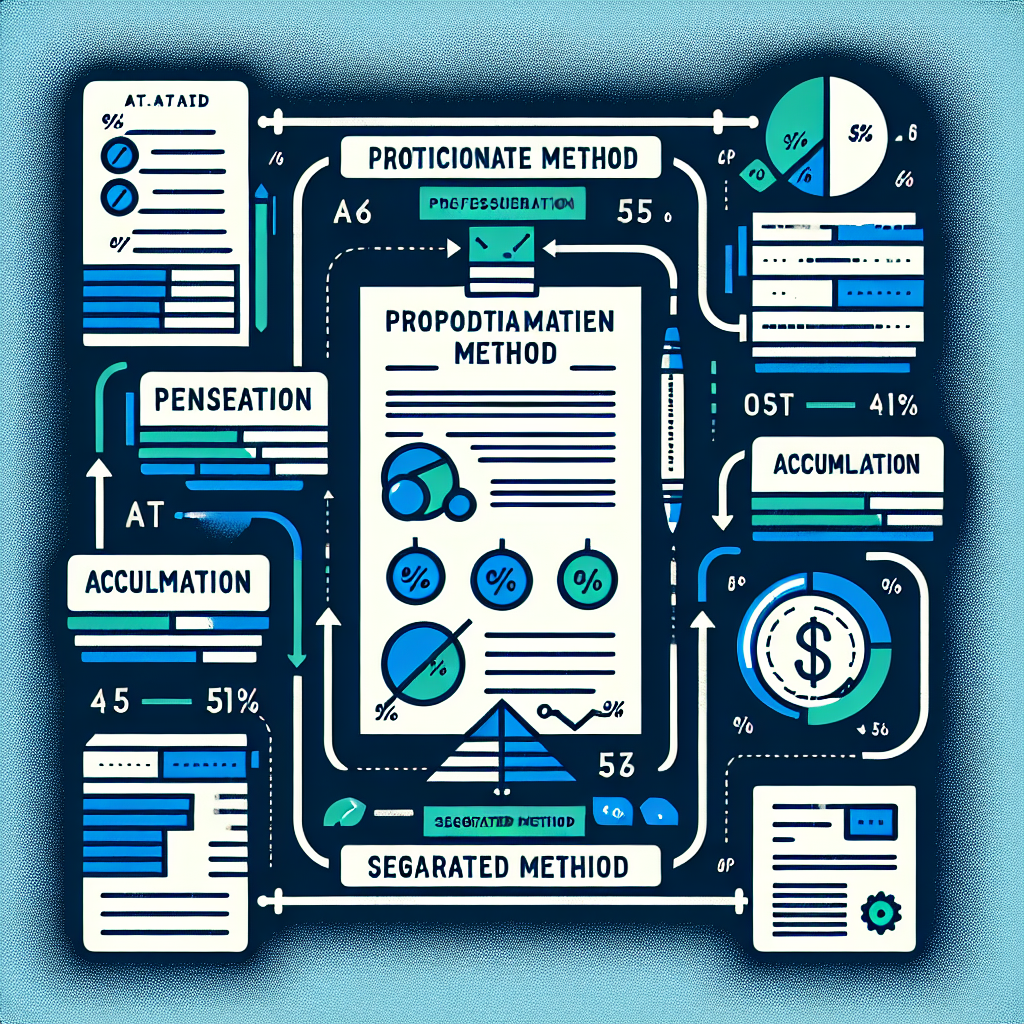Commercial property continues to be a popular investment choice for Self-Managed Super Fund (SMSF) trustees across Australia. While these investments can provide substantial returns and diversification benefits, they also come with strict regulatory requirements—particularly regarding valuations. Getting these valuations wrong isn’t just a minor administrative oversight; it could potentially cost you thousands in penalties, tax implications, and missed investment opportunities.
Understanding Market Value in SMSF Property Valuations
When it comes to SMSF commercial property valuation requirements, the concept of “market value” stands front and center. According to the Australian Taxation Office (ATO), market value refers to the amount a willing buyer would reasonably pay to acquire the asset from a willing seller in an arm’s length transaction.
For SMSF trustees, this isn’t just a theoretical concept. Every year, trustees must report the market value of all fund assets, including commercial properties, as part of their annual financial statements. This valuation forms the foundation of your fund’s reported performance, tax obligations, and compliance status.
The process of determining market value can take several routes:
- Professional valuations from qualified property valuers
- Real estate appraisals from licensed agents
- Comparative market analyses supported by objective data
- Online valuation tools (though these have limitations for commercial properties)
It’s worth noting that while the ATO doesn’t mandate a formal external valuation every year, they do require that values be based on “objective and supportable data.” This means trustees need robust evidence to justify their reported values, especially for significant assets like commercial property.
As one experienced SMSF auditor recently noted, “Many trustees don’t realize that inadequate property valuations are one of the top reasons SMSFs fail their annual compliance checks. The days of using the same property value year after year are long gone.”
Timing Is Everything: Annual Valuation Requirements
The timeline for SMSF commercial property valuations follows a strict schedule that aligns with the financial year. All assets within your SMSF, including commercial properties, must be valued annually by June 30th—the end of the Australian financial year.
This timing requirement isn’t arbitrary. It ensures that your SMSF’s financial statements accurately reflect the fund’s position at year-end, which is critical for:
- Calculating member balances
- Determining pension payments (if applicable)
- Assessing contribution caps
- Preparing accurate tax returns
Failing to complete valuations by this deadline can trigger a cascade of compliance issues. The ATO has been increasingly vigilant about property valuations, recently scrutinizing over 16,500 SMSFs that reported certain asset classes at the same value year after year—a red flag that proper valuation processes aren’t being followed.
The consequences of missing this deadline or providing inadequate valuations can be severe:
- Qualified audit reports
- Potential administrative penalties of up to $4,400 per trustee
- Compliance breaches that could lead to the fund being deemed non-complying
- Loss of tax concessions, potentially resulting in a 45% tax rate on fund income
One SMSF trustee learned this lesson the hard way after receiving a $2,200 penalty for failing to update their commercial property valuation for three consecutive years. “I thought since the property market hadn’t changed much, I could use the same value,” they explained. “That assumption cost me thousands.”
Professional Valuation Standards: What Qualifies as Adequate?
When it comes to meeting SMSF commercial property valuation requirements, not all valuation methods are created equal. Understanding what constitutes an acceptable valuation is crucial for compliance and accurate financial reporting.
Who qualifies as a professional valuer?
For commercial properties, particularly those with higher values or complex features, the ATO generally prefers valuations from:
- Members of the Australian Property Institute (API)
- Certified practicing valuers with relevant commercial property experience
- Licensed real estate professionals with specific commercial market expertise
While residential property valuations might sometimes rely on real estate agents or online tools, commercial property typically demands more specialized knowledge due to its complexity and the unique factors affecting its value.
What evidence supports a proper valuation?
Acceptable evidence for commercial property valuations typically includes:
- Comprehensive valuation reports from qualified valuers
- Detailed market analyses with comparable sales data
- Income approach calculations (particularly relevant for commercial properties)
- Documentation of property-specific factors affecting value
The ATO specifically notes that valuations must be based on “objective and supportable data.” This means trustees should maintain thorough documentation supporting the valuation methodology and results.
As Herron Todd White, one of Australia’s leading valuation firms, advises: “A comprehensive commercial property valuation report provides not just a number, but a detailed analysis that can withstand scrutiny from auditors and the ATO. It examines income potential, market conditions, property condition, and comparable sales data to arrive at a defensible market value.”
The preference for comprehensive reports over quick online appraisals becomes clear when considering what happens during an audit. SMSF auditors must verify that asset values are reasonably stated, and they’ll look for substantial evidence supporting your valuations. A one-page online estimate simply won’t provide the depth of analysis needed to satisfy this requirement for significant commercial assets.
Regulatory Compliance: The ATO’s Perspective
The Australian Taxation Office takes SMSF commercial property valuation requirements very seriously, and for good reason. Accurate valuations ensure fair taxation, protect retirement savings, and maintain the integrity of the superannuation system.
From the ATO’s perspective, property valuations serve multiple regulatory purposes:
- Ensuring accurate member balances and benefit payments
- Preventing manipulation of contribution caps
- Maintaining fair and proper taxation of fund earnings
- Ensuring compliance with the sole purpose test
The ATO’s guidance makes it clear that trustees are ultimately responsible for ensuring valuations are accurate and supported by evidence. While they acknowledge that a formal valuation by a certified valuer isn’t mandatory every year, they expect trustees to have a robust valuation process that produces defensible results.
Non-compliance implications can be substantial:
“With a fixed $3 million threshold and a tax on unrealised gains, accurate property valuations and rental assessments are no longer just compliance tools—they’re essential financial safeguards,” notes a recent industry publication. This refers to recent superannuation reforms that make accurate valuations even more crucial for tax purposes.
If the ATO determines your SMSF has significantly undervalued or overvalued its commercial property, they may:
- Require amended financial statements and tax returns
- Impose administrative penalties
- Require rectification of breaches
- In serious cases, deem the fund non-complying
A non-complying fund loses significant tax concessions, with the entire fund value (minus member contributions that no tax deduction was claimed for) potentially taxed at 45%—a devastating financial blow to any retirement strategy.
Beyond avoiding penalties, accurate valuations actually benefit trustees by providing clarity on their true financial position. As one SMSF specialist accountant puts it: “Proper valuations aren’t just about ticking compliance boxes—they give trustees the reliable information they need to make sound investment decisions for their retirement.”
Investment Decision Impact: Beyond Compliance
While compliance is critical, the impact of proper SMSF commercial property valuation extends well beyond regulatory requirements. Accurate valuations directly influence your investment strategy and financial outcomes.
Consider how valuations affect these key investment decisions:
Asset allocation adjustments
Your SMSF’s investment strategy likely specifies target allocations across different asset classes. If your commercial property is incorrectly valued, your actual asset allocation may drift significantly from your intended strategy without you realizing it. This “hidden drift” could expose your fund to unintended risk levels or cause you to miss rebalancing opportunities.
Performance measurement
How can you know if your commercial property investment is performing well if you don’t have accurate valuations? Proper valuation allows trustees to calculate true returns, comparing property performance against other asset classes and benchmarks. This performance analysis is essential for determining whether to maintain, increase, or divest from property investments.
Liquidity planning
For SMSFs paying pensions, knowing the true value of illiquid assets like commercial property is crucial for liquidity planning. Inaccurate valuations might lead to poor decisions about which assets to sell when cash is needed for pension payments or other obligations.
Strategic timing of transactions
Market timing isn’t everything, but understanding where your commercial property sits in the current market cycle helps inform buying and selling decisions. Regular professional valuations provide insights into market trends that might not be apparent from casual observation.
A real-world example illustrates this point: One SMSF trustee had valued their commercial property at $1.2 million based on a three-year-old valuation plus a rough estimate of market growth. When finally obtaining a professional valuation, they discovered the property was worth $1.6 million due to zoning changes and increased development in the area. This revelation completely changed their retirement planning timeline and investment strategy.
As one financial advisor specializing in SMSFs notes: “Understanding the true value of your commercial property isn’t just about compliance—it’s about making informed decisions that can significantly impact your retirement outcomes. The difference between estimated and actual values can represent years of retirement lifestyle.”
The Aries Financial Approach: Integrity in SMSF Property Investment
At Aries Financial, we understand that successful SMSF commercial property investment requires more than just financing—it demands a comprehensive approach that includes proper valuation practices. As Australia’s Trusted SMSF Lending Specialist, our philosophy centers on integrity, expertise, and empowerment in all aspects of SMSF property investment.
Our approach to SMSF property valuation embodies these principles:
Integrity in valuation practices
We advocate for honest, transparent valuations that accurately reflect market realities. Taking shortcuts with property valuations contradicts the integrity that should be at the heart of your retirement planning. By maintaining accurate valuations, trustees demonstrate their commitment to proper fund governance and ethical management of retirement assets.
Expert guidance on valuation requirements
Our team’s expertise includes deep knowledge of SMSF regulations and property investment strategies. We help clients understand not just the financing aspects of commercial property investment, but also the compliance requirements—including proper valuation processes. This expertise helps prevent costly mistakes and ensures your SMSF remains compliant while maximizing investment potential.
Empowering informed decision-making
We believe in educating SMSF trustees about all aspects of property investment, including valuation requirements. By understanding the importance of proper valuations and knowing how to obtain them, trustees are empowered to make better investment decisions and maintain compliant funds.
Our commitment to these values is reflected in how we structure our SMSF lending solutions, starting from 5.99% PI. We recognize that property investment through an SMSF is a long-term strategy requiring both regulatory compliance and investment wisdom. Proper valuations support both these objectives.
Conclusion: The Value of Getting Valuations Right
The requirements for SMSF commercial property valuation may seem like just another regulatory hurdle, but they serve an essential purpose in protecting your retirement savings and ensuring the integrity of your investment strategy.
Getting valuations wrong can indeed cost you thousands—in penalties, tax implications, and missed opportunities. Conversely, maintaining accurate property valuations provides both compliance security and strategic investment intelligence.
For SMSF trustees, the message is clear: invest in proper valuation processes. This means:
- Engaging qualified professionals for formal valuations at appropriate intervals
- Maintaining robust documentation to support your valuation approach
- Understanding the timing requirements for annual valuations
- Recognizing how valuations impact both compliance and investment decisions
By taking these steps, you’ll not only avoid costly compliance issues but also gain valuable insights that can enhance your property investment strategy.
At Aries Financial, we’re committed to supporting SMSF trustees with compliant, strategic property investment solutions. Our expertise in SMSF lending works hand-in-hand with proper valuation practices to create sustainable, wealth-building retirement strategies.
Remember, your SMSF is likely one of your most valuable assets—protecting it with proper governance, including accurate property valuations, isn’t just good compliance; it’s good investment practice.

